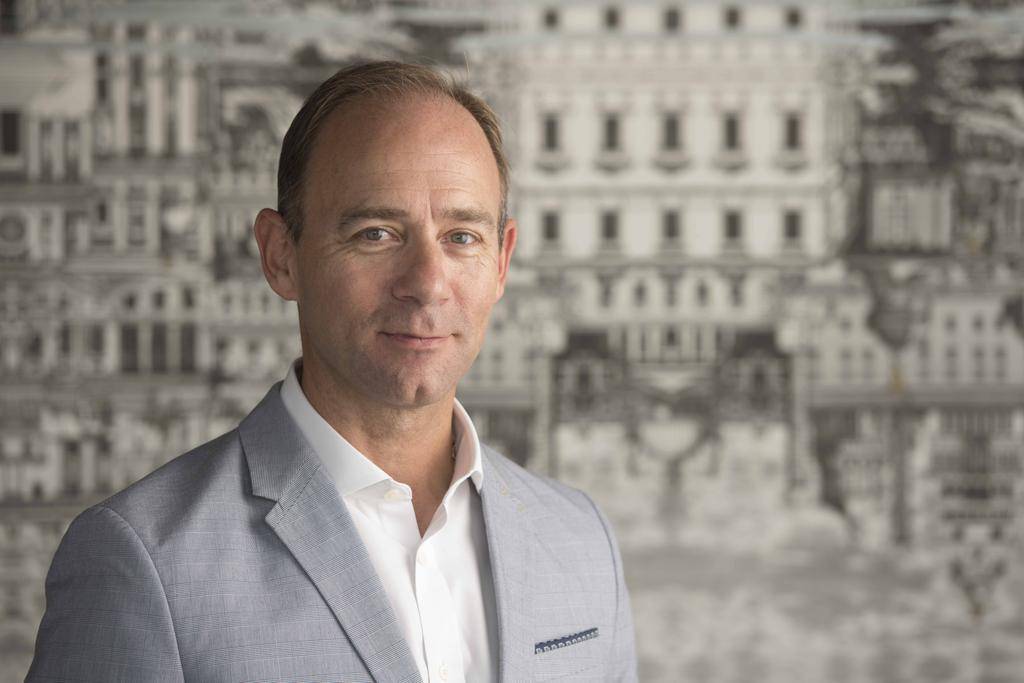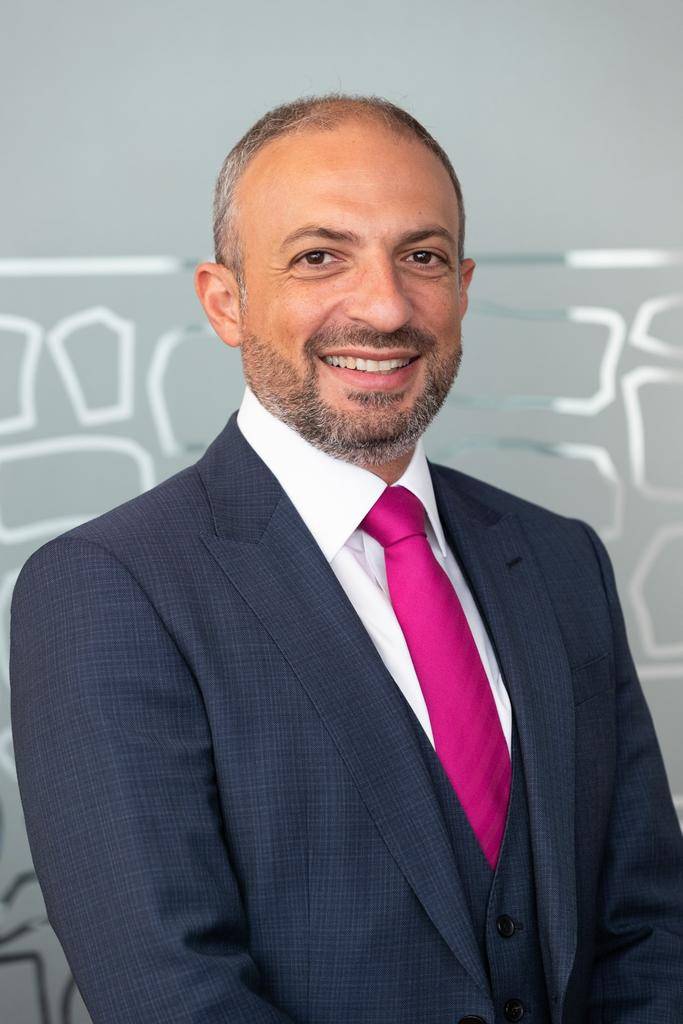Why Hotel Bigwigs From Around The World Are Ambitiously Expanding Into Africa’s Budding Hospitality Sector

Hilton, Accor, Aleph, Marriott, Radisson and a bunch of million-dollar others. These are some of the world’s biggest chain of hotels, and it is no longer a rumor that they are spending millions to enter Africa. From MENA to Sub-Saharan Africa, these firms are tying up major deals, all of which sheds a spotlight on Africa’s growing hospitality sector.
Trail Of Deals
Asides from small chains and independents, the five global hotel groups mentioned have dominated signings and openings in Africa in the past year. In a relatively short time, they have opened thousands of rooms and are working to make arrangements for more.
In February this year, Accor informed it is expanding its presence in Ethiopia. While signing an agreement to open a new property under its design-led economy brand, Ibis Styles, the company has its sight set on a development plan for Sub-Saharan Africa.
In September 2019, the augmented hospitality group signed a three-property deal at the Africa Hotel Investment Forum (AHIF) 2019, introducing the Novotel brand in the Democratic Republic of Congo (DRC).
The Ethiopian and Congolese developments are just one level of Accor’s Africa game. A fact sheet shared with WeeTracker by the hotel shows that it has a network of 165 hotels, comprising 26,207 rooms in 23 African countries. In its pipeline, the brand says 12 countries will get 83 new hotels, consisting of 16,081 rooms.

Our main ambition for Africa is to rebalance the current presence we have in North Africa, but in a larger fashion, Accor CEO for Middle East and Africa, Mark Willis, tells WeeTracker. In 2019, Accor opened hotels mainly in Nigeria (which will be the fastest-growing market over the next 5 years), South Africa, Rwanda, Tanzania and Egypt. In 2020, it plans to open more properties in Kenya, Ivory Coast, Egypt, Morocco and Rwanda.
Established And Growing
In March, Marriott International—an owner of 500 hotels and resorts in 65 countries and territories around the world—announced that it is growing its presence in South Africa. The brand opened the Johannesburg Marriott Hotel Melrose Arch and Marriott Executive Apartments Johannesburg Melrose Arch.
However, operating in 21 African countries already is only a stepping stone for Marriott who wants to increase its presence in Africa by 50 percent by 2023.
The firm is making inroads to Mozambique, Ivory Coast, Botswana, Benin, Mauritania and Senegal, an expansion plan in which 38,000 rooms make up 200 hotels. These ambitions are fueled by a USD 50 Mn Africa Growth Initiative which aims to buy over 20,000 hotels across the continent to its name.
For its part, Radisson Hotel Group signed 11 new hotels in Africa within the first 9 months of 2019. The acceleration brought the Group’s portfolio in the continent to nearly 1000 hotels and more than 17,000 rooms. In its development footprint, it is cutting across 32 African countries and is bullish to reach 130+ hotels and 23,000 rooms by the turn of 2022.
September 2019, another world-leading hotel company known as InterContinental Hotels Group signed a landmark deal. It created a Master Development Agreement with Aleph Hospitality to develop 10 franchise hotels across its portfolio to expand its presence in places like Kenya, Nigeria, Morocco, Ghana, Ethiopia and Algeria.
Favorable Factors
Though it is not a hotel chain but a hospitality management firm of sorts, Aleph has a portfolio of 9 hotels across 5 African countries, and plans to have 35 hotels across the MEA region by 2025.
In September 2019, it entered the Tanzanian market with the signing of a management agreement to operate two boutique resorts, the Moja Tuu and Hakuna Majiwe, in Zanzibar.
Aleph is buoyed by the same set of factors which are making the African hospitality sector a bottom pot for other international players. The first reason cited by Bani Haddad, the CEO of Aleph Hospitality, is the improvement of airline connectivity between Africa and the rest of the world.

“More airlines have opened hubs in different parts of the continent. It is now easier to travel from Africa to other interesting parts of the world, like from Lagos to Dubai. As such, hotels have seen a great opportunity as Africa being connected to the rest of the world via aviation means selling experiences via hotels is a good proposition,” Bani told WeeTracker on a call from Dubai.
Indeed, a PricewaterhouseCoopers (PWC) report shows that air connectivity has grown in Africa by a remarkable 5.1 percent in RPKs (revenue passenger kilometers) since 2012. Much of this growth is caused by economic growth and changes in regulations to allow for a more significant market access.
Africa is considered a growing aviation market with the International Air Transport Association (IATA) forecasting a 5.9 percent year-on-year growth in African aviation over the next 20 years, with passenger numbers expected to increase from 100 million to more than 300 million by 2026 and SAATM is a way to tap into this market.
Political Stability
Accor’s Mark Willis opined in a conversation that Africa offers significant growth opportunities for hotels expanding to the continent, with a clear potential on the economy, midscale and extended-stay segments.
As a niche segment, extended-stay hotels have come a long way to become a specialized product in the hotel industry, and it is easy to see why Africa is not left out. As the demand for them has increased, operators and developers are innovating and expanding their product offerings and locations in order to meet the needs of their flourishing customer base.
But the underlying, more favorable factor, which Bani Haddad points out, is that political stability in Africa has greatly improved over the years. As such, more and more countries from the continent are negotiating strategic mutual visa waivers between themselves and with countries from outside Africa.
Sub-Saharan Africa, in particular, has made significant progress on political stability in the past two decades. Southern Africa, the south of East Africa as well as Mauritius and Cape Verde stand out as more stable and democratic places in the continent.
According to the State Fragility Index, most African countries have improved their resilience since 1995, with few exceptions like Uganda. That means there is a better capacity to manage conflict, develop and execute public policy, deliver public services and sustain progressive development.
Visa Waivers
If there’s anything we learned from the latest edition of the passport index, it is that it is now easier for Africans to travel across the continent. Meanwhile, people from countries such as South Africa, Seychelles and Mauritius and Botswana can travel to more places outside the continent, thanks to mutual visa waivers.
In the same way, it is now increasingly possible for people from outside the continent to enter Africa, creating a business opportunity for hotel chains operating in the region. Emerging business travellers going between Johannesburg, Luanda, Lagos, Nairobi and other commercial capitals in Africa clearly reflects relative political stability and strong economic growth.
In what many refer to as “Africa Rising”, the continent is showing signs of becoming one of the most interesting places of tourism experiences. Tastemakers, a US-based startup raised USD 1.4 Mn last year to connect global consumers with African adventures.
Africa has the second-fastest growing tourism in the world, and with that we wonder less why its governments are getting serious about waivers. Nigeria is the latest country to initiate a free visa policy for all Africans travelling to the country. According to WTTC, African tourism grew 5.6 percent in 2018, beating a global average of 3.9 percent.
Obstacles
Pouring millions into Africa’s hospitality sector does not come without a unique set of challenges. Despite being the first international company to venture into Africa’s hotel space, Accor has its own share of drawbacks.
“Development in any part of the world brings with it a number of trials that may delay the process of construction and opening of a property.
To assist with the above potential hurdles, we established an office in Johannesburg with a number of specialists from the development, commercial and support teams, with local and international expertise, to assist owners and hotels on the ground,” said Willis.
Willis and Bani seem to be on the same page here, as the latter pointed to the time it takes to set up a hotel in any country. “54 countries with over 1 billion people speaking different languages is not just all, as there is also a multiplicity of legal systems which we have to meander through.
In as much as there is potential everywhere, hotels cannot go at the same expansion speed in every country,” explains Bani.